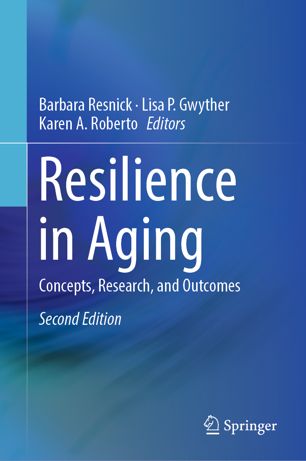

Most ebook files are in PDF format, so you can easily read them using various software such as Foxit Reader or directly on the Google Chrome browser.
Some ebook files are released by publishers in other formats such as .awz, .mobi, .epub, .fb2, etc. You may need to install specific software to read these formats on mobile/PC, such as Calibre.
Please read the tutorial at this link: https://ebookbell.com/faq
We offer FREE conversion to the popular formats you request; however, this may take some time. Therefore, right after payment, please email us, and we will try to provide the service as quickly as possible.
For some exceptional file formats or broken links (if any), please refrain from opening any disputes. Instead, email us first, and we will try to assist within a maximum of 6 hours.
EbookBell Team

4.3
88 reviewsThis updated and expanded second edition of Resilience in Aging offers a comprehensive description of the current state of knowledge with regard to resilience from physiological (including genetic), psychological (including cognitive and creative), cultural, and economic perspectives. In addition, the book considers the impact of resilience on many critical aspects of life for older adults including policy issues, economic, cognitive and physiological challenges, spirituality, chronic illness, and motivation. The only book devoted solely to the importance and development of resilience in quality of life among older adults, Resilience in Aging, 2nd Edition continues to offer evidence-based theory, clinical guidelines, and new and updated case examples and real-world interventions so professional readers can make the best use of this powerful tool. The critical insights in this volume are concluded with a discussion of future directions on optimizing resilience and the importance of a lifespan approach to the critical component of aging.
The book’s coverage extends across disciplines and domains, including:
This wide-ranging and updated lifespan approach gives Resilience in Aging, 2nd Edition particular relevance to the gamut of practitioners in gerontology and geriatrics, including health psychologists, neuropsychologists, clinical psychologists, psychiatrists, social workers, geriatricians, family physicians, nurses, occupational and physical therapists, among others.